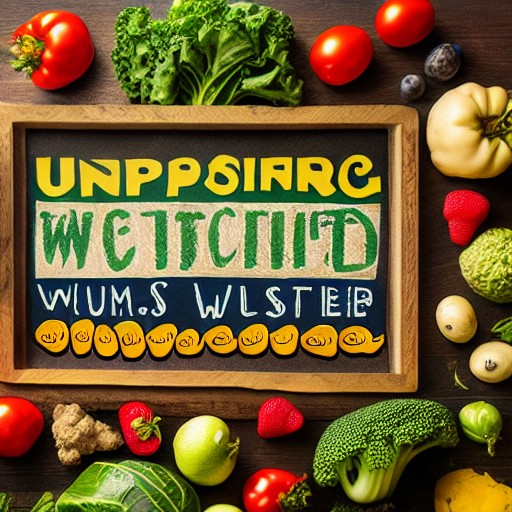Understanding Food Waste and How to Reduce It
Food waste is a significant problem that affects both the environment and the economy. According to the Food and Agriculture Organization of the United Nations, one-third of all food produced is lost or wasted, resulting in significant economic and environmental impacts. Here are some tips on understanding food waste and how to reduce it.

Plan Meals and Shop Smart: One of the most effective ways to reduce food waste is to plan meals and shop smart. This means making a list of needed ingredients, buying only what's needed, and checking expiration dates.

Store Food Properly: Storing food properly can also help reduce waste. This means keeping fruits and vegetables in the refrigerator, storing dry goods in airtight containers, and using the oldest products first.

Use Leftovers: Don't throw away leftovers! Instead, use them to make new meals or freeze for later use. There are many creative ways to use leftovers, such as making a soup or stir fry.
Compost: Composting is an effective way to reduce food waste and create nutrient-rich soil for plants. Compostable items include fruit and vegetable scraps, coffee grounds, and eggshells.

Support Food Recovery Programs: Food recovery programs work to rescue edible food that would otherwise go to waste and redistribute it to those in need. Consider supporting these programs in your community.

By following these tips, you can help reduce food waste and make a positive impact on the environment and economy.